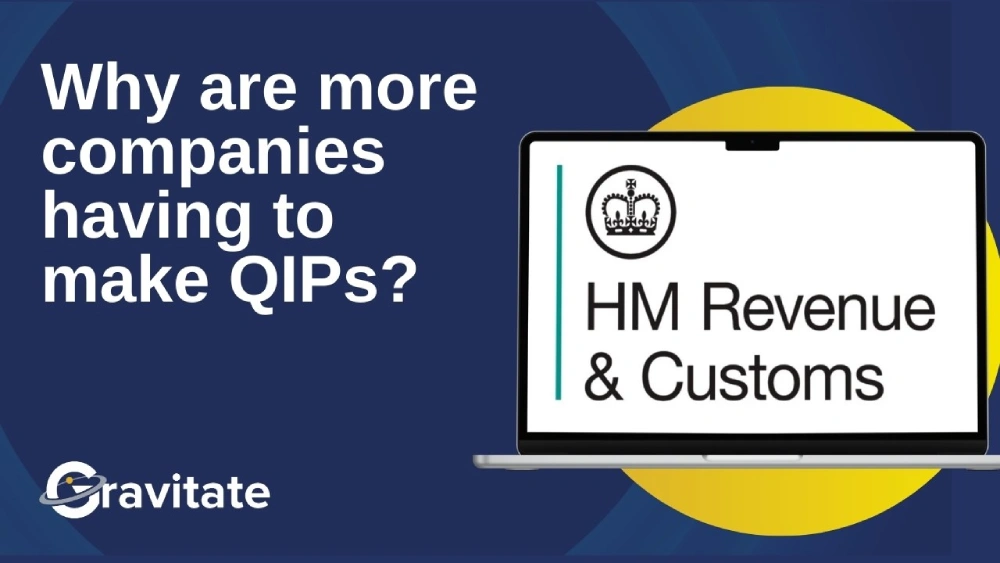If your business is reaching a point of major expansion, such as launching a new product or expanding into a new location, you may be looking at external funding, such as a bank loan or private equity investment.
Many businesses, especially SMEs, miss out on opportunities here, because their financial reporting, while compliant, doesn't stand out enough to lenders and investors.
Management Accounts are an essential asset here, and they are meticulously reviewed by banks and would-be investors, like private equity firms.
Why do Management Accounts matter to lenders and investors?
Management Accounts are a comprehensive performance and value snapshot of your business. They aren’t just about showing profit; they are about highlighting the robust, predictable and, above all, scalable financial position of your business. All of these are vital for providing investors and lenders with confidence.
Management Accounts and lenders/banks
When a lender is looking at a business, their chief concern will be risk. Specifically, whether they believe the business will be able to repay its debt on time and in full. Lenders are generally risk-averse and will find comfort in consistent and reliable financial performance.
Here are a few components of your Management Accounts that help de-risk your business to banks and other lenders.
- Profitability (Net Profit Margin): Management Accounts can show your profit figures, but also the quality of the profit, its sustainability, and the effectiveness of your core operations.
- Cash Flow (Operating Cash Flow): Profit alone doesn’t repay debts, but cash does. Your operating cash flow will help lenders ensure you generate enough cash from your day-to-day business activities to cover your loan repayments comfortably. This will often be taken as a Debt Service Coverage Ratio (DSCR).
- Working Capital: Do you have enough short-term assets to cover your short-term liabilities? Good working capital management gives lenders confidence in your business avoiding liquidity issues.
- Debt-to-Equity Ratio: This shows how much of your business is financed by debt versus owner's equity. Lenders often prefer a balance with high leverage indicating higher risk.
Lenders will expect clear, consistent historical data (usually up to 5 years). They will also want realistic and well-justified financial forecasts that demonstrate your ability to repay the loan under various scenarios. The good news is your Management Accounts provide all this information.
Management Accounts and investors
Investors usually have different, albeit overlapping expectations when it comes to financial information about companies. While banks want to see stability, private equity firms and other investors want to see growth potential, scalability and a clear exit route for them to make a return on their investment (ROI). As such, they will often focus on the following:
- EBITDA (Earnings Before Interest, Taxes, Depreciation, and Amortisation): Investors use this as a proxy for the operational cash flow generated by the business before the impact of financing, taxes, and non-cash expenses.
- Revenue Growth & Recurring Revenue: Investors want to see consistent revenue growth, particularly recurring revenue models, as these provide predictability and can boost valuations.
- Gross Profit Margin: A strong and gross margin shows good pricing, cost management, and potential for new projects.
- Customer Acquisition Cost (CAC) & Customer Lifetime Value (CLTV): These are both essential Key Performance Indicators (KPIs) that point to scalability. Investors will like to see that the cost to acquire a customer as being significantly less than the value that customer brings over their lifetime.
For private equity and other investors, your Management Accounts need to demonstrate strong EBITDA growth and underlying performance. They should provide breakdowns of revenue and customer segments, alongside good financial forecasts that support aggressive but sustainable.
Why you should care right now
Even if you aren’t actively seeking funding or investment, preparing your reports in a way that’s tailored to these parties is a great way to improve decision making and create success.
Simply put, when your accounts are detailed and transparent, you gain better data. Better data means better decisions and strategy, from pricing to waste cutting.
Crucially, your Management Accounts are extremely useful for early problem detection. You can spot financial red flags like declining margins or increasing expenses before they escalate into full-blown crises. It’s about being proactive; something Gravitate believes in very strongly.
How Gravitate can help
If you wait until you need finance or investment before getting your reporting up to scratch, it may already be too late. Underlying issues in your accounts could derail your plans before they get moving.
Gravitate can help you create or tailor existing Management Accounts for funding or investment right away, which will give you the tools you need to build a financially healthy and scalable business.

.png)


.png)

.png)
.png)

.png)
.png)
.png)













.png)
.png)
.png)

.png)
.png)

.png)








.webp)
.webp)








.jpg)

.webp)
.png)

.svg)
